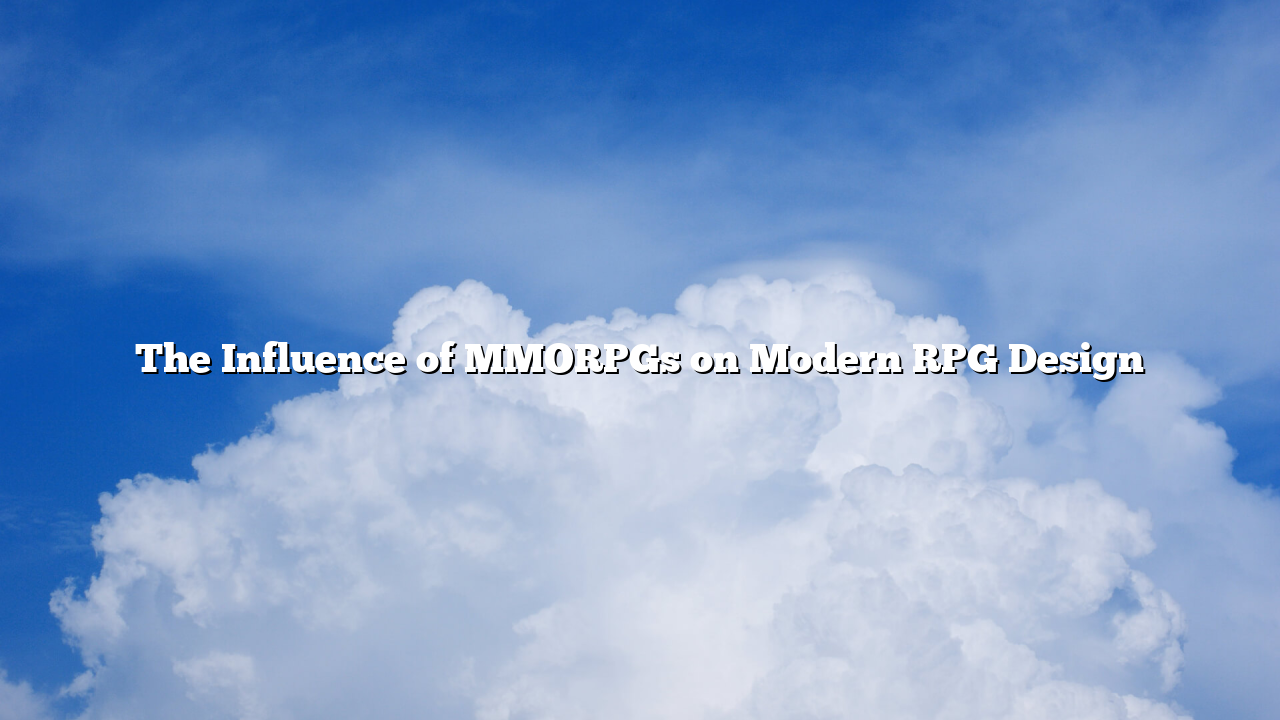Massively multiplayer online role-playing games (MMORPGs) have reshaped the RPG genre in profound ways. Early pioneers like Ultima Online and EverQuest introduced raja toto88 persistent online worlds where thousands of players could interact, explore, and form communities.
However, it was World of Warcraft (2004) that truly transformed the landscape. Blizzard streamlined traditional RPG systems, making them accessible to a wider audience while maintaining depth. The game popularized features like quest markers, color-coded loot tiers, raid-based progression, and achievement systems—all of which later migrated into single-player RPGs.
MMORPGs also introduced social mechanics that redefined how players experience RPGs. Guilds, trading systems, world events, and cooperative boss battles created dynamic communities. These elements inspired social features in later RPGs, including asynchronous multiplayer systems found in Dark Souls, Dragon’s Dogma, and various open-world games.
Moreover, MMORPG economies introduced complex in-game markets driven by supply, demand, and player-driven crafting. These systems influenced crafting and trading mechanics in modern RPGs such as Skyrim and The Witcher 3.
Today, while the MMORPG boom has slowed, its design principles—persistent progression, online interaction, and large-scale events—continue to influence both multiplayer and single-player RPGs.
